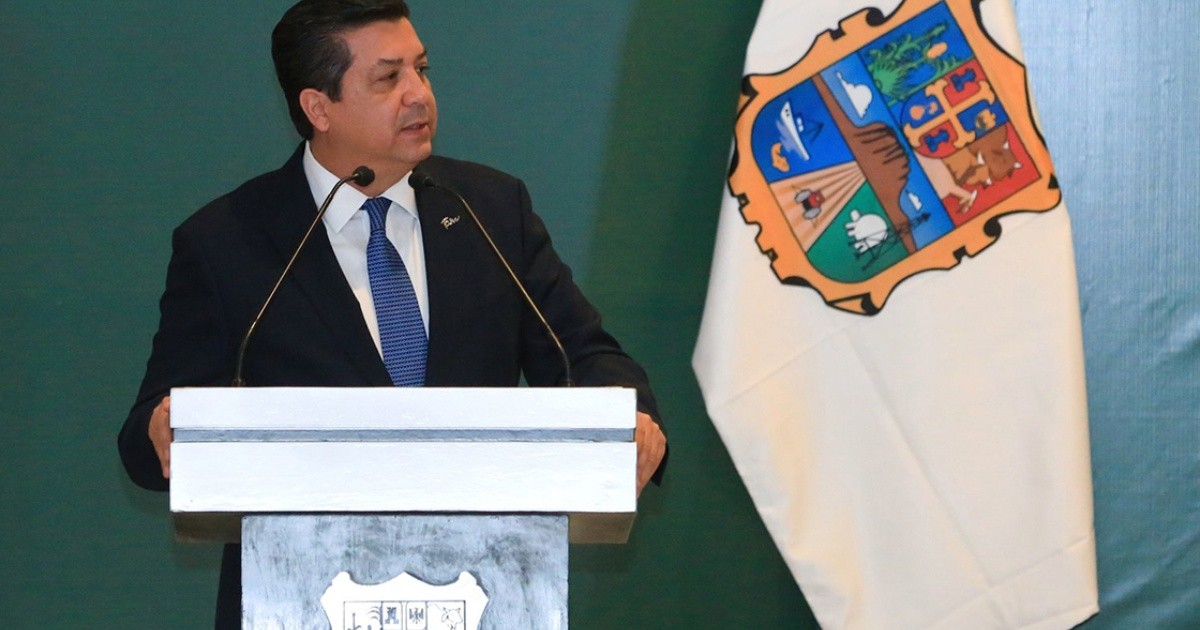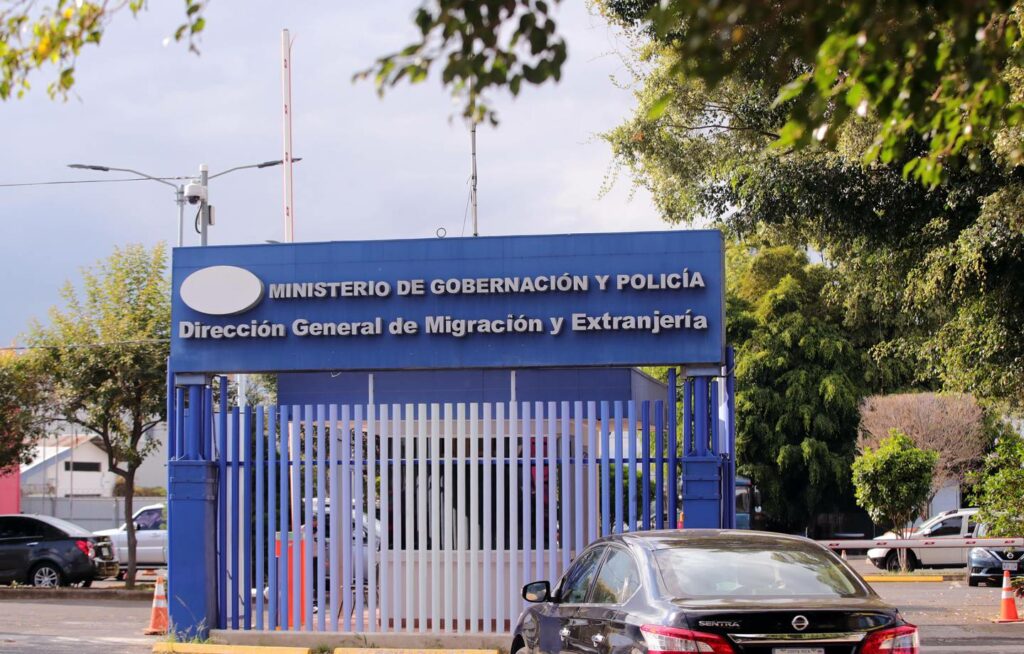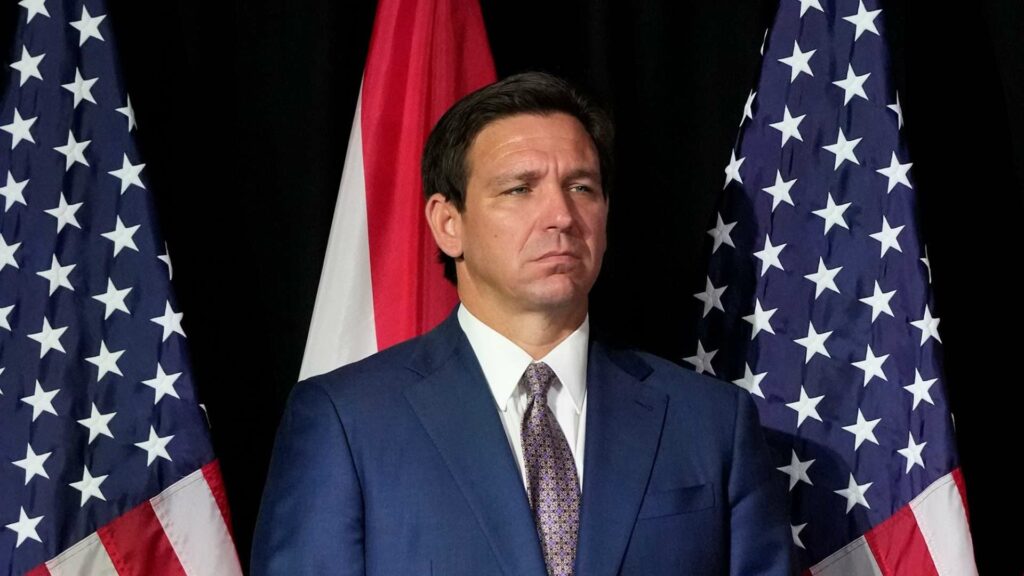The Attorney General of the Republic (FGR) announced that he will appeal the sentence that cancel the arrest warrant against the former governor of Tamaulipas, Francisco Javier García Cabeza de Vaca, in addition to analyzing legal actions against the judge who issued the ruling.
“Given this ruling, which is notoriously far removed from the law and from the most elementary sense of justice, the corresponding means of challenge will be promoted, while the legal actions that could be carried out in relation to the authority that issued it will be analyzed.” The FGR said in a statement.
Judge Faustino Gutiérrez Pérez, of the Eighth District Court in the state of Tamaulipas, ordered this Tuesday to annul the arrest warrant issued on October 4, 2022 by Enrique Beltrán, control judge of the Federal Criminal Justice Center in Almoloya, State of Mexico; against the former local president accused of organized crime and operations with resources of illegal origin, arguing violations of due process.
The FGR accused that the judge of Tamaulipas would have become the defendant’s defense, since he did not carry out his role as a judge because “it is more than evident in the alluded to amparo sentence, that whoever issues it, rather than making a specific and comprehensive analysis both of what was raised when requesting the arrest warrant, as well as what was resolved by the Control Judge when issuing the arrest warrant, as well as what was alleged by the petitioner of the amparo, is devoted entirely to trying to explain and justify the financial operations of the complainant, which in any case denote the organization in fact carried out by the aforementioned and other persons for the performance of certain conducts that lead to the materialization of one of the crimes contemplated in the Federal Law against Organized Crime ” .
In addition to adding that the foregoing is confirmed when the amparo judge establishes the absurdity that the crimes of organized crime and operations with resources of illegal origin could not coexist, when it is well known that the first of them is autonomous by essence and does not even require that the conduct or purpose of the organization materialize.
Likewise, it warned that the amparo trial was processed and resolved without summoning the agent of the Federal Public Ministry (MPF), who investigated and prosecuted the case, when by law it was obligatory to have given him the opportunity to intervene as an interested third party. in that trial.
Therefore, this omission clearly contravenes what is established in this regard in article 5, section III, subparagraph e), of the Amparo Law, Regulating articles 103 and 107 of the Political Constitution of the United Mexican States and the own jurisprudence of the Plenary of the Supreme Court of Justice of the Nation.
kg

















